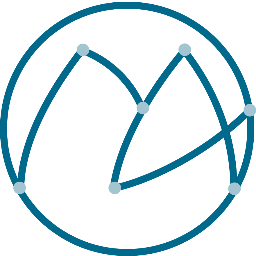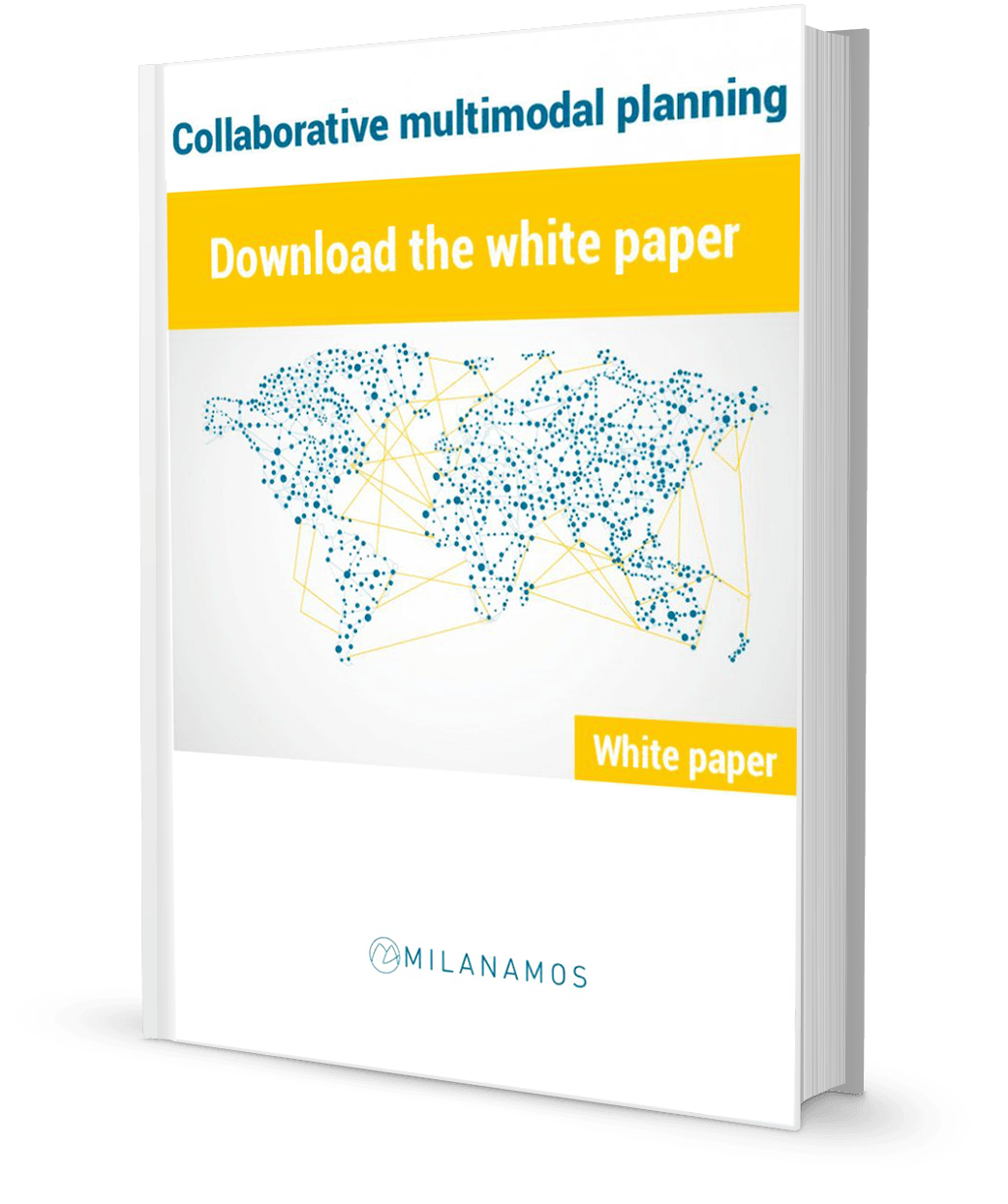So, here’s a provocative thought for the day. ‘Half of world’s carbon emissions are caused by thoughtless use of assets’.
OK. We don’t know what the actual figure is. It probably can’t be measured. Some would say that 100% of carbon emissions are caused by an unintelligent use of assets. Others of a less eco-minded disposition might put the figure nearer 5%.
But what is an inescapable statistic is that the EU has a goal to reduce the community’s carbon footprint by 50% before 2050 … and yet the EC’s level of road vehicle pollution has increased by 22% since 1990.
With regard to transport, it’s going to take some smart thinking – backed up powerful insights – to make transport greener for the European Community.
EU travel is a 190bn euro market. It’s a mobile community.
The EU is a mobile community. Both in the sense of citizens’ physical mobility being an essential part of the community’s economic and social fabric, but also because it is a mobile-enabled community in terms of 3G/4G access.
And it’s at the vector point of those two mobile dimensions – transport and smartphones – where government and industry are seeing a big opportunity for smarter insights into how people get from A to B.
Of course, it’s a solution that will require big data. And when we say big … we mean BIG.
The amount of data being produced globally by the transport ecosystem is projected at some 44 zettabytes a year. If you’ve only just got your head around the concept a terabyte, a zettabyte is a billion terabytes. In other words … it’s a lot of data.
From global airlines to national train operators and local taxi companies, the transport industry produces a wealth of information. Overlay that with data from a few hundred million smartphone users traveling around the EU, and over a billion smartphone users worldwide, and there’s plainly a big opportunity for granular understanding of travel habits.
Mining an Everest of data for EU travel insights.
Milanamos has partnered with fellow French company IT4PME to try and make sense of the mountain of data that the EU travel sector will produce.
As a data collection specialist, IT4PME will work with mobility operators and the travel ecosystem to build a pipeline for the avalanche of travel data which is being produced every minute of the day.
And as a specialist in travel-sector big data, Milanamos will provide the algorithms and tools which will turn that data into actionable insights.
In addition to helping the EU achieve its pan-community carbon footprint goals, this partnership between IT4PME and Milanamos aims to bring benefits to travelers at an individual level.
Take the case of Marseille – often cited as being France’s most congested city – as an example. Studies suggest that car drivers in Marseille spend 24 minutes out of every hour on the road stuck in traffic. Smarter use of data to plan multimodal transport networks could slash that figure. Multiply that by Europe’s 250+ million cars, and the potential savings are significant.
Across Europe, transport inefficiencies are estimated to cost the community’s coffers around 17bn euros a year. By 2030 that figure will rise to 23 billion euros.
And a lot of that waste is because government and industry planners don’t have access to the data which could help them to plan better multimodal transport networks. So yes, smarter use of data really could reduce dumb carbon emissions.
The roadmap to smarter transport solutions for the EU.
Milanamos and IT4PME have a three stage roadmap for generating economy- and ecology-improving insights from Europe’s transport infrastructure.
1. Develop a pipeline to the relevant mobile, social, governmental and corporate data.
2. Implement big data algorithms which can process several terabytes of data at a time.
3. Build a door-to-door infrastructure so the data insights can be shared with the transport ecosystem to develop better multimodal networks.
Antoine Couret, co-founder of IT4PME, says that building the pipeline is no small task. “With so many players and such an incredible amount of real-time data being produced, organizing the datasets into one cohesive flow is a massive undertaking.”
Christophe Imbert, co-founder of Milanamos, is equally in awe of the code needed to process that volume of data. “When IT4PME open the floodgates, our algorithms will be tested like no other algorithms have ever been tested before. Quite simply, the world will never have seen so much big data being applied to a single project.”











